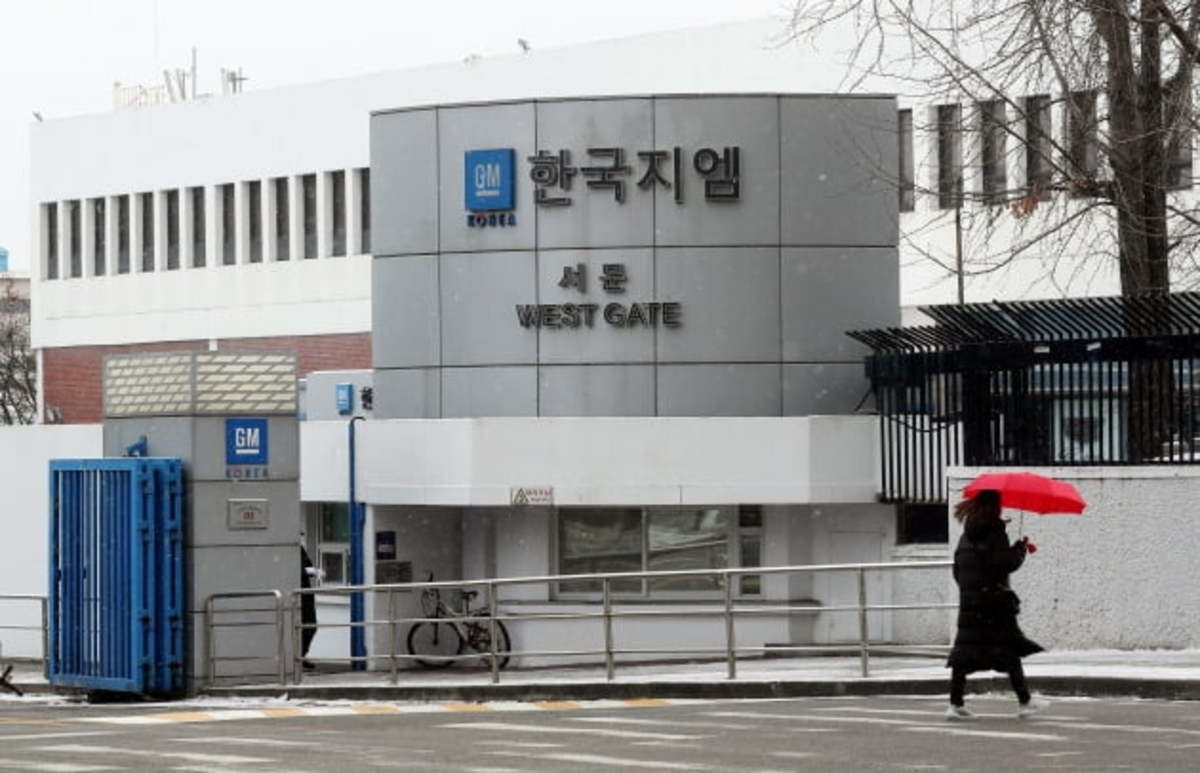 |
GM Korea's Bupyeong plant in Incheon, west of Seoul. (Yonhap) |
Automobile companies worldwide have been forced to curtail production as they run out of automotive chips, according to industry sources on Thursday.
US-headquartered General Motors announced Wednesday, US time, that the carmaker will suspend manufacturing at three plants in North America, and operate its Bupyeong 2 assembly line in Korea at half capacity starting from Monday.
Although the company didn’t reveal the exact volume of the reduction, market watchers estimate it would reach 10,000 vehicles.
The vehicles subject to the production cut include Chevrolet‘s Malibu, Cadillac’s XT4, Chevrolet‘s Equinox and Trax, GMC’s Terrain and Buick‘s Encore, according to news reports.
In Korea, GM is currently manufacturing the Malibu and the Trax.
“Semiconductor supply for the global auto industry remains very fluid,” said a statement provided by GM. “Due to the fluidity around the availability of parts, our current plan is to update the plants every week based on the following week’s production schedule.”
“We are currently assessing the overall impact, but our focus is to keep producing our most in-demand products, including SUVs,” a GM Korea spokesperson said.
As vehicles go electric and become more digitized, approximately 200 to 300 chips, including sensors, drive ICs and embedded micro processing units, are needed for auto parts that build the navigation and infotainment systems, adaptive head lamps and other communications and convenient systems.
The global auto industry is forecast to suffer from a chip shortage in the first quarter of 2021, market observers say.
IHS Markit forecasts that auto production would be about 672,000 units less than initially expected in the first quarter of 2021. And the total production cut would reach 964,000 by the end of the year.
Volkswagen, Ford, Subaru, Toyota and Nissan have also decided to reduce their production this year.
The cuts are attributable to the outbreak of the novel coronavirus last year.
Semiconductor manufacturers shifted their focus to production of IT and mobile devices due to surge in demand for products related to the stay-at-home economy. In the meantime, chip demand for automobiles shrank as automakers had to shut down plants during lockdowns.
Now, the finished car industry is recovering at a faster rate than expected, but chip supplies aren’t catching up.
“Finished automakers are raising their voices together with parts suppliers to the semiconductor industry to increase production of automotive chips,” said an official in the auto industry.
Market researcher KPMG projects the automotive chip market will grow by 6 to 7 percent annually to reach $150 billion to $200 billion by 2040.
Meanwhile, South Korea‘s largest automaker Hyundai Motor is maintaining normal operation of its factories. It said it is closely monitoring the issue.
By Song Su-hyun (
song@heraldcorp.com)








